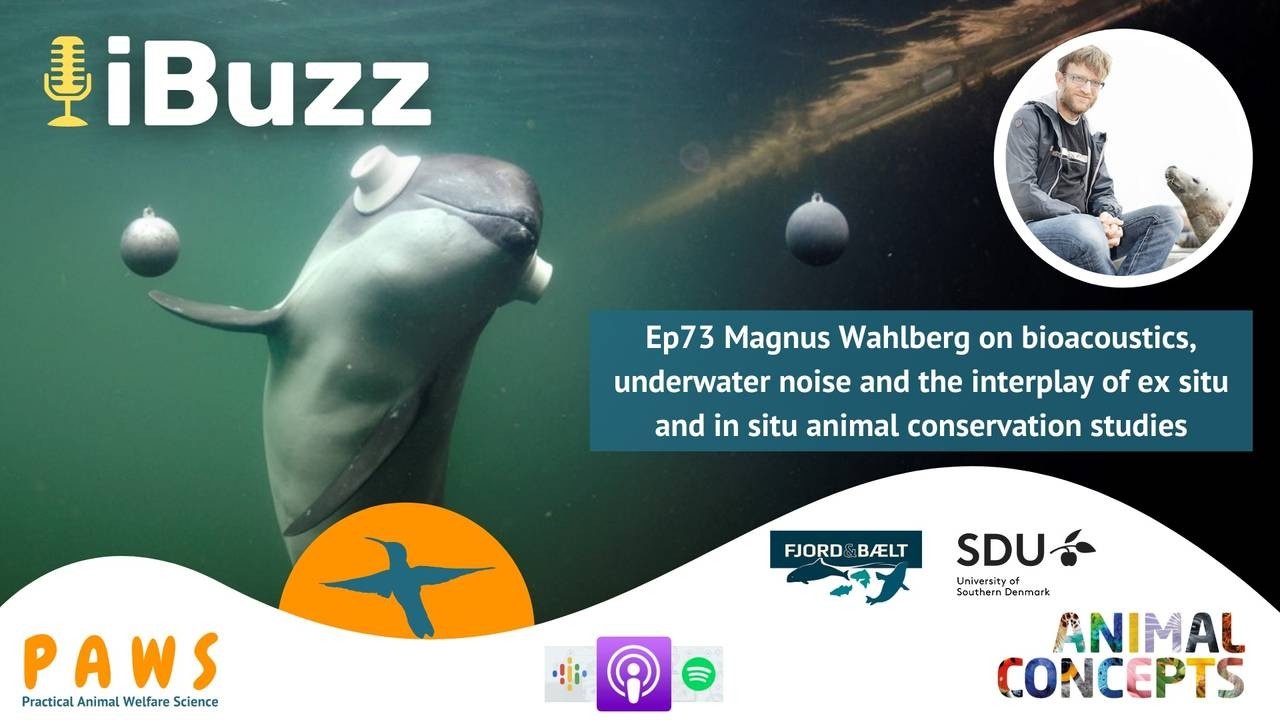Ep82 Augusto Vitale on behaviour and care of common marmosets and the welfare of animals used in biomedical research

“In this endless discussion [about animal experimentation] we completely forget that animals are used now and they need our attention now.” - Augusto Vitale & Sabrina Brando
Dr Augusto Vitale joins us to share his experience in the study of non-human primate behaviour and welfare. Since 1991 Augusto has worked as a researcher at the Istituto Superiore di Sanità in Rome (Italy) dedicating his scientific activity to investigate behaviour, cognition and welfare of non-human primates, with a focus on common marmosets used in neuroscience and biomedical research.
He guides us in discovering the work of ethologists and evolutionary biologists who contributed to unveiling key aspects of animal behaviour and cognitive skills. He passionately illustrates his research on cooperation and describes how studying common marmosets’ behaviour can shed light on the evolution of altruism in humans.
Augusto also shares with us his work in the EU Expert Working Group responsible for creating guidelines...
Podcast Ep73 Magnus Wahlberg on bioacoustics, underwater noise and the interplay of ex situ and in situ animal conservation studies

Magnus Wahlberg started out as a physicist and mathematician, even though he was more interested in biology. The thought of experimenting with laboratory animals put him off, and he felt field biology may not be his cup of tea.
Ironically, his voluntary work on marine animal sounds drowned him in fieldwork. He credits his mentors for their stimulating curiosity-driven approach. He had a long emotional journey of self-realisation that studying animals in captivity helps us know more about wild animals and vice versa.
Listen as Magnus tells us about his interesting work on the bioacoustics of marine animals. With many exciting examples, he explains his focus on how animals hear. He explains how captive animals help us test techniques before running field testing on wild animals.
“Would you rather be deaf or blind?” asks Magnus as he explains with relatable analogies. When vision underwater is limited, one has to rely on hearing. He shares how water is a good conductor of sound, making...

